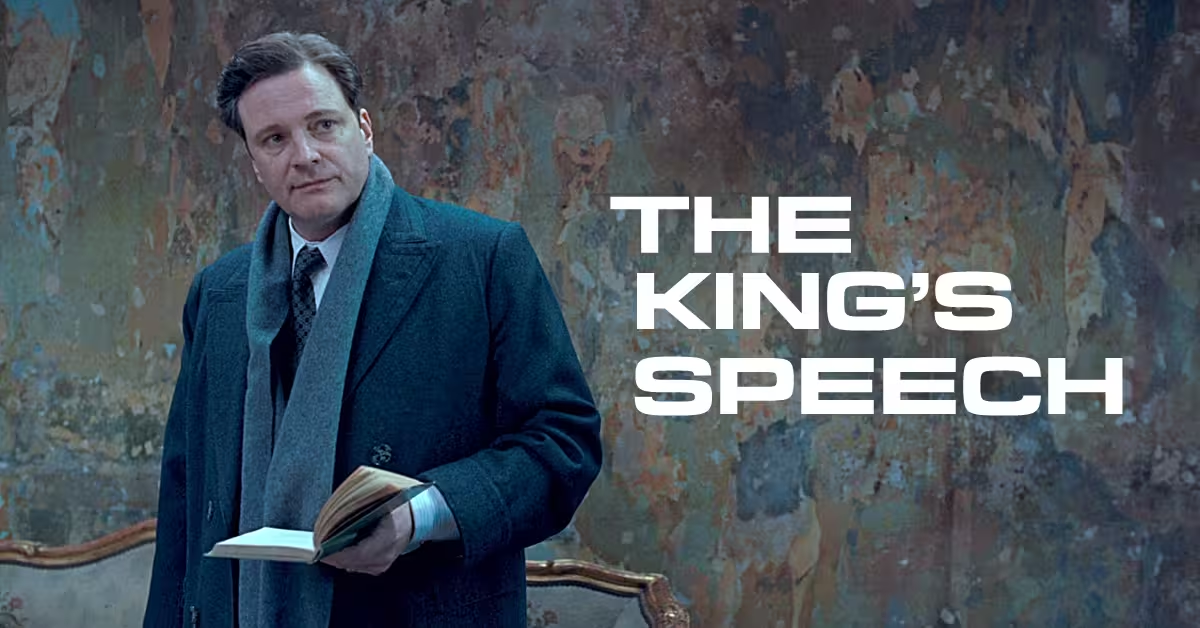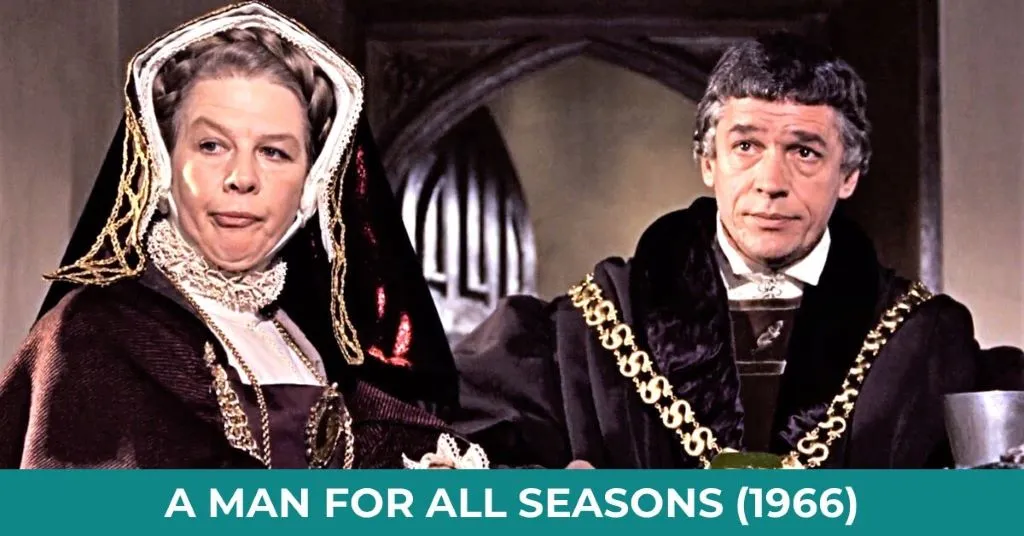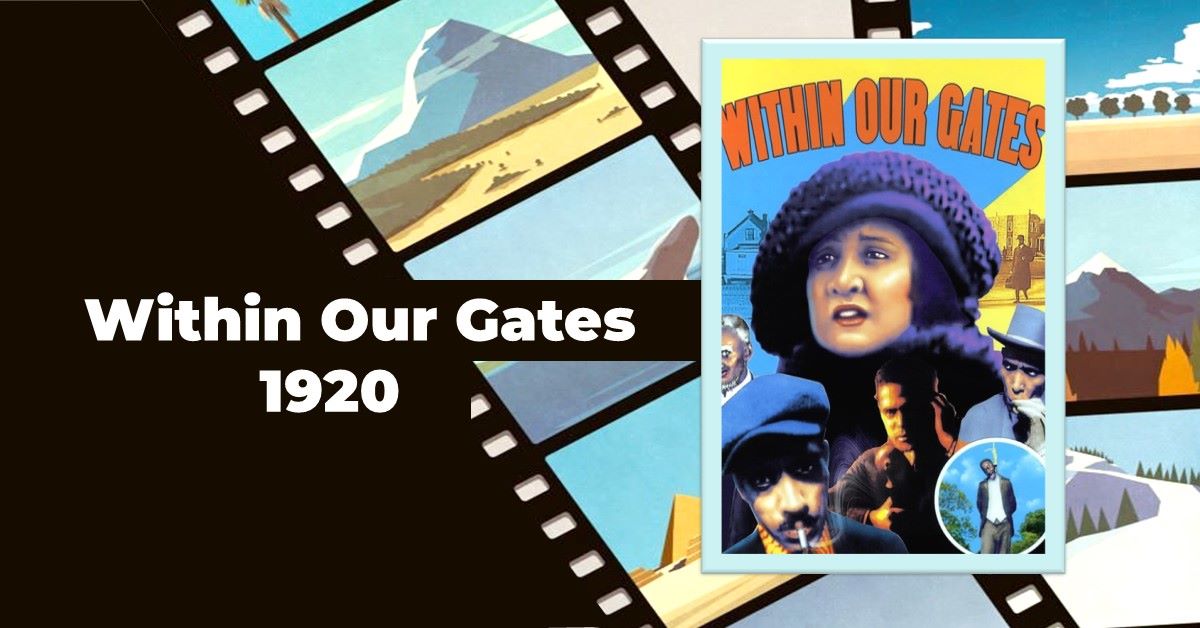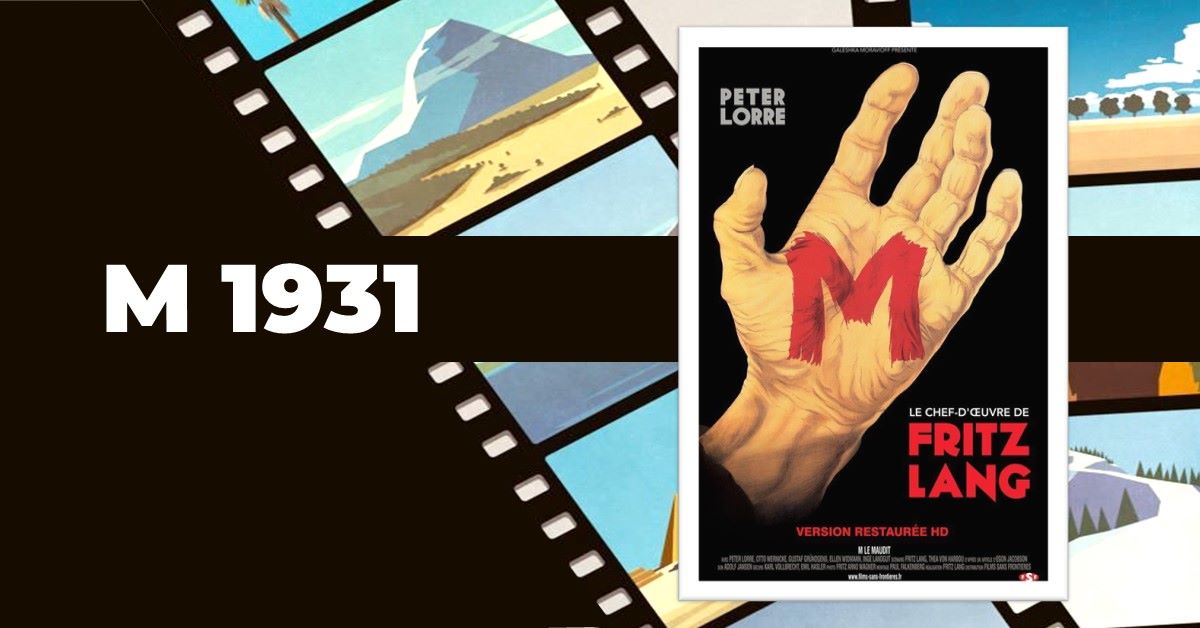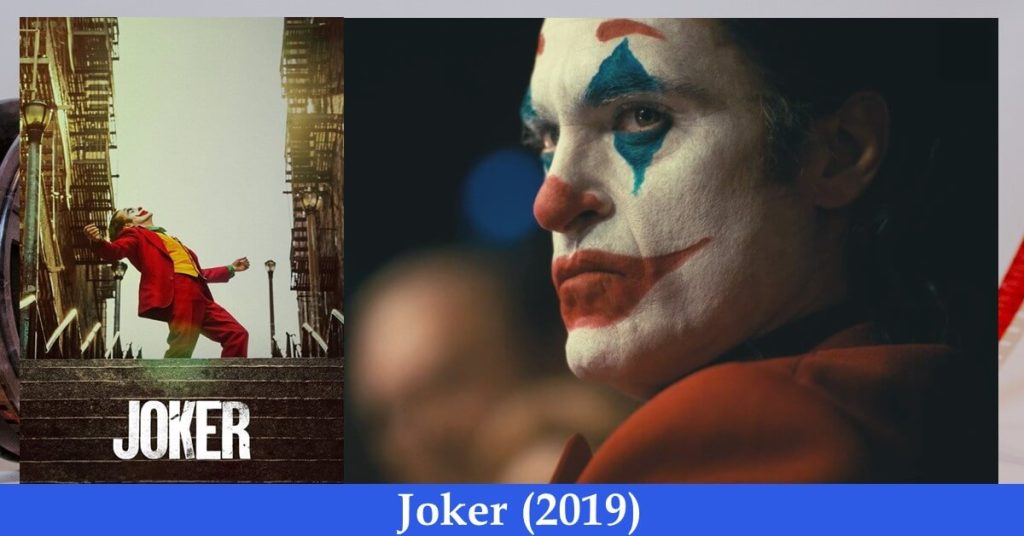How does a king find his voice amidst a nation’s greatest challenge?
This is the profound question at the heart of The King’s Speech (2010), a captivating historical drama directed by Tom Hooper.
The film tells the extraordinary story of King George VI (portrayed by Colin Firth), who unexpectedly ascends to the throne following his brother’s abdication, only to face a monumental challenge: his lifelong struggle with a speech impediment. At a time when the nation is on the brink of World War II, communication is a crucial tool for leadership.
The film beautifully captures the unlikely partnership between the king and his speech therapist, Lionel Logue (Geoffrey Rush), as they work together to overcome the king’s stammer and enable him to deliver one of the most important speeches in modern history.
Released in 2010, The King’s Speech was a critical and commercial success, grossing over $427 million globally on a modest budget of $15 million. It is one of the 101 best must-watch films on my list.
Directed by Tom Hooper, the film went on to win numerous accolades, including 12 Academy Award nominations and four wins, most notably Best Picture and Best Actor for Colin Firth. Its resonant themes of leadership, vulnerability, and personal triumph make it more than just a historical account; it’s a deeply human story of resilience.
Firth’s portrayal of King George VI stands as one of the actor’s finest performances, seamlessly blending the fragility of a man with the stature of a monarch, a role for which he received universal acclaim.
Table of Contents
Background
Set against the backdrop of a politically tense 1930s Britain, The King’s Speech weaves its narrative through the turbulence of King George VI’s rise to the throne, his struggles with speech, and his country’s looming war with Nazi Germany.
Historically, George VI (born Prince Albert) was never meant to be king; it was his elder brother, Edward VIII, who was next in line. However, Edward’s controversial abdication in 1936 to marry Wallis Simpson thrust Prince Albert into a position of authority he never anticipated, let alone felt prepared for.
Edward VIII fell in love with Wallis Simpson, an American two times divorce for whom he abdicated the privilege of being the king.
From his youth, George VI suffered from a severe stammer, which made public speaking an excruciating ordeal.
His stammer was not just a physical limitation but also a psychological burden. In the royal family, where public speeches were seen as a critical part of duty, his speech impediment was viewed as a significant barrier to fulfilling his role as king. This struggle is poignantly depicted in the opening scenes of the film, where he fails to deliver a coherent speech at Wembley Stadium—a moment that highlights the personal pain of his condition.
Enter Lionel Logue, an unconventional Australian speech therapist, whose unorthodox methods and irreverent approach form the core of the film’s plot.
As depicted in the movie, Logue’s treatment was far from traditional; he believed that addressing the emotional causes of stammering was just as crucial as the physical exercises. Logue’s insistence on treating George VI as an ordinary man, rather than a monarch, adds emotional depth to their relationship.
In the film, their friendship is portrayed as the key to the king’s eventual success in overcoming his speech impediment, culminating in his wartime speech on September 3, 1939, as Britain entered World War II.
Colin Firth’s portrayal of George VI is central to the film’s success.
Firth brings a remarkable vulnerability to the role, capturing both the king’s deep-seated insecurities and his determination to overcome them. His performance is not just about the stammer; it’s about conveying the emotional turmoil of a man caught between duty and doubt.
The film’s climactic moment, where George VI delivers his speech to rally the British people as they enter World War II, is a testament to the power of perseverance and personal triumph. Geoffrey Rush’s portrayal of Lionel Logue adds both warmth and humor to the narrative, serving as a perfect counterbalance to Firth’s reserved and troubled monarch.
Undoubtedly, The King’s Speech is not only a historical drama but also a deeply human film that explores themes of courage, friendship, and overcoming personal limitations. It resonates on an emotional level, allowing audiences to empathize with a king whose personal struggles mirrored those of his nation.
The film’s powerful narrative, coupled with its outstanding performances, ensures its place as one of the most celebrated films of the 21st century.
Plot
The The King’s Speech beautifully narrates the story of King George VI’s profound struggle with a speech impediment and his inspiring relationship with Lionel Logue, an unconventional Australian speech therapist.
The plot centers around George VI (played by Colin Firth), also known as “Bertie,” who is thrust into the limelight after his brother, Edward VIII, abdicates the throne in 1936. As the new king, George VI must face his biggest fear—public speaking—at a time when Britain needs strong leadership, particularly as it gears up for war with Nazi Germany.
King George VI had a lifelong battle with stuttering, which had plagued him since childhood.
His difficulty speaking in public became a source of both personal and political struggle, especially with the advent of radio, which required the king to address the nation directly. This historical aspect is well-documented, and the film stays true to the emotional intensity of this challenge.
As described in historical sources, George VI’s stammer was severe, and it took years of speech therapy before he could confidently deliver speeches.
Lionel Logue (Geoffrey Rush) becomes not only the king’s therapist but also a close friend, providing him with the psychological and physical tools to overcome his speech defect. Logue’s techniques, which blend mechanical breathing exercises with psychological support, are vividly portrayed in the film, drawing from real-life sessions documented between the two men.
One of the film’s most memorable moments is when Logue has George VI recite Hamlet’s soliloquy while listening to classical music, helping him to realize that he can indeed speak fluently under the right conditions.
This moment reflects the breakthrough in their unconventional therapy, something that history corroborates.
The film also touches on the broader historical context, especially George VI’s pivotal wartime speech delivered on September 3, 1939, after Britain declared war on Germany. This speech was not just a message to rally the British people but also a personal victory for the king. He delivered it despite his lifelong battle with stuttering, marking a significant achievement both for his personal journey and for Britain as a symbol of resilience and wartime leadership.
Overall, the film remains historically accurate in depicting George VI’s struggle and triumph over his speech impediment.
However, as noted by critics and historians, some elements were dramatized for cinematic effect, such as Logue’s informality with the king or the exaggerated portrayal of Edward VIII’s abdication crisis. Nonetheless, these modifications do not detract from the central theme of overcoming personal adversity in a time of great national need.
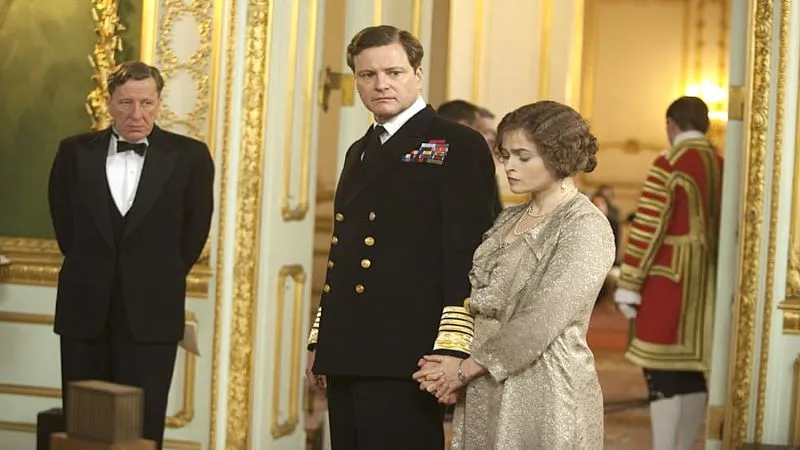
The King’s Speech humanizes the royal figure, showing the vulnerability behind the power, and offers an intimate glimpse into a rare and touching friendship.
Performances and Character Analysis of The King’s Speech
Colin Firth’s Performance as King George VI
Colin Firth’s portrayal of King George VI stands as a deeply nuanced and emotionally resonant performance, one that earned him an Academy Award for Best Actor.
Firth imbues the role with profound vulnerability, capturing the psychological weight of a man bound by royal duty but crippled by a debilitating stammer. From the outset, it is clear that Firth’s approach to the character is not simply to depict a monarch struggling with a speech impediment but to unravel the layers of insecurity, fear, and trauma that accompany such a personal challenge in the public eye.
What is striking about Firth’s performance is the emotional authenticity he brings to George VI.
He portrays the king’s frustrations with sincerity, whether it’s during his painful public addresses or his intimate sessions with Lionel Logue. The moments of silence in the film, when Bertie—Firth’s character—struggles to speak, are as powerful as his spoken lines, conveying a depth of feeling that lingers in the viewer’s mind. Firth’s ability to manifest this inner turmoil while maintaining the king’s dignified exterior is what makes the performance truly compelling.
The fact that the stammer was not exaggerated but carefully calibrated shows Firth’s commitment to realism, creating a performance that is moving without slipping into melodrama.
Beyond his stammer, Firth conveys George VI’s sense of duty, honor, and eventual triumph. As the film progresses, we witness Bertie grow not just as a speaker but as a person, finding strength in his vulnerability. This journey is masterfully charted through Firth’s portrayal, making the eventual success of the king’s wartime speech both emotionally gratifying and symbolic of human perseverance.
Geoffrey Rush as Lionel Logue
Geoffrey Rush’s portrayal of Lionel Logue, the unorthodox Australian speech therapist, brings a refreshing layer of humor and heart to The King’s Speech.
Rush plays Logue as a man of deep humanity, whose unconventional methods are matched only by his empathy and understanding. He acts as a counterbalance to the rigid formality of the royal world, injecting humor into even the tensest situations, such as when he convinces the king to curse during speech therapy. This lightness provides the film with much-needed relief and makes Logue a character the audience roots for as much as the king.
Logue’s relationship with King George VI is central to the film’s emotional arc. Rush portrays him as a mentor and, eventually, a friend.
The strength of their bond grows naturally, aided by Rush’s ability to bring out the therapist’s underlying strength and quiet determination. He challenges Bertie, not just as a patient but as a man, pushing him to confront his insecurities. This gives Rush the space to showcase his range, oscillating between moments of playful defiance and tender support. The honesty with which Logue approaches his work and the king’s personal demons is what ultimately endears him to both the audience and the character of George VI.
Their connection speaks to the universality of friendship, transcending social hierarchies.
Helena Bonham Carter as Queen Elizabeth
Helena Bonham Carter’s role as Queen Elizabeth, later known as the Queen Mother, is one of quiet but resolute support.
As the king’s wife, Carter plays the role with a delicate balance of tenderness and determination.
Her portrayal is far from passive; she actively seeks out Logue’s help for her husband, showing both her pragmatic side and her deep care for Bertie’s well-being. Carter is exceptional at conveying Queen Elizabeth’s unyielding support for her husband, offering him not just encouragement but a source of strength. In this way, her character plays a pivotal role in King George VI’s journey toward overcoming his stammer.
Carter’s performance adds an immense emotional texture to the film, as she portrays a queen deeply committed to her husband, standing by him in moments of vulnerability.
Her portrayal avoids the typical tropes of a royal spouse, instead, she adds depth and nuance to a character who was pivotal in ensuring that Bertie found the right help. Carter’s chemistry with Firth is another standout element, and together, they depict a royal couple that is not only bound by duty but also by deep mutual affection.
In short, the ensemble cast of The King’s Speech—led by Colin Firth, Geoffrey Rush, and Helena Bonham Carter—delivers performances that are not only masterfully executed but also profoundly human, making the film an emotional and intellectual triumph.
Analysis
The King’s Speech: A Journey of Leadership and Vulnerability
In Tom Hooper’s The King’s Speech (2010), the human condition unfolds in a raw and deeply personal portrayal of King George VI’s struggle with a debilitating stammer. Beyond its narrative of a man facing personal obstacles, the film resonates on a universal level, exploring themes of vulnerability, the burden of leadership, and the importance of human connection.
At its core, The King’s Speech demonstrates how leadership, often seen as a sign of strength, can paradoxically emerge from a place of deep personal weakness.
King George VI, or “Bertie” as he is familiarly known, is a reluctant monarch, thrust into power during a time of global uncertainty. Yet, his journey is not only one of ascending to the throne but also of coming to terms with his humanity and inherent flaws. His leadership is not defined by political strategy but by his ability to confront his internal fears and vulnerabilities.
This profound transformation is emphasized by his growing friendship with his speech therapist, Lionel Logue, who pushes him beyond his comfort zone into a place of trust, honesty, and ultimately, self-discovery.
One of the film’s most powerful elements lies in its ability to strip away the grandeur of royalty, revealing a man struggling with the burden of his stammer, which symbolizes a deeper internal conflict. As Adele Cabot suggests, Bertie’s stammer is a “physicalization of an inner complex,” a manifestation of emotional scars from his childhood.
Through Logue’s unconventional methods—equal parts psychological exploration and physical therapy—Bertie begins to unpack the deep-rooted anxieties that bind his voice.
From a personal perspective, the story offers a poignant reflection on how trauma shapes leadership. The childhood abuse Bertie endured from his father and brother left him paralyzed with self-doubt, embodying the universal truth that many leaders are burdened with personal insecurities that often go unnoticed. This pain is encapsulated in the excruciating opening scene at Wembly Stadium, where his speech failure is met with the dismay of both his subjects and his supportive wife, Elizabeth.
This moment mirrors the internal struggle many face, where outward expectations clash with internal fragility.
However, the film does more than simply present Bertie as a figure of pity. It positions him as a symbol of resilience. His leadership is not born from mastery over others but through an honest reckoning with himself.
His sessions with Logue break down the traditional hierarchical boundaries between monarch and commoner, allowing Bertie to engage in a space of equality and trust, where he can confront his fears without judgment. Logue, functioning as both a fool and sage, symbolizes the need for relationships that offer honesty, even when it is difficult.
His challenge to Bertie—insisting on equality and intimacy—is a reflection of the film’s broader commentary on how true leadership is forged through connection and vulnerability.
The psychological dimension of the film, deeply embedded in the process of speech therapy, mirrors the Jungian concept of individuation, where one must confront the unconscious to become whole. Bertie’s journey is less about overcoming a physical ailment and more about integrating the fragmented parts of himself, releasing the emotional tension that blocks his voice.
His stammer becomes a metaphor for the silencing effect of trauma, and through his therapeutic journey, he begins to reclaim his voice—both literally and metaphorically.
The final speech, delivered at the onset of World War II, marks the culmination of Bertie’s personal and professional journey.
As he speaks to the nation, his voice is no longer just his own but embodies the collective resilience of his people. It is in this moment that the film transcends the personal, situating Bertie as a symbol of national unity and strength. As Cabot notes, “His voice becomes one of the heroic voices of World War II”.
In this speech, we see the profound link between personal healing and public leadership, as Bertie’s vulnerability is transformed into a source of strength for his nation.
The King’s Speech thus serves as a testament to the power of human connection, vulnerability, and personal growth.
Through its intimate exploration of King George VI’s journey, the film offers a timeless reminder that true leadership is not defined by perfection or unshakable confidence but by the courage to confront one’s deepest fears, the willingness to lean on others, and the ability to emerge stronger through the process.
Themes and Historical Accuracy in The King’s Speech (2010)
Overcoming Adversity
One of the central themes of The King’s Speech is the struggle of overcoming personal adversity, particularly the emotional and psychological burden faced by King George VI due to his stammer.
From a human perspective, this theme is deeply moving because it goes beyond the royal title and focuses on a man grappling with his vulnerabilities in the public eye. King George VI’s stammer, which had plagued him since childhood, was not just a personal frustration—it symbolized a deeper anxiety about his ability to lead a nation.
His battle with this impediment, alongside Lionel Logue’s unorthodox but compassionate speech therapy, becomes a metaphor for overcoming any personal obstacle that hinders one’s role in life.
This theme is relatable to many because it showcases the vulnerability of even the most privileged individuals. The portrayal of King George VI demonstrates that leadership is not about perfection but about resilience. His determination to confront his impediment, especially in the shadow of public speeches, exemplifies true courage. Watching George struggle yet persist is both inspiring and humanizing.
As a viewer, I felt the weight of responsibility he carried, particularly knowing that his voice was meant to unify a nation on the brink of war. This message speaks to the idea that leadership often requires confronting our deepest fears and imperfections rather than simply maintaining an image of strength.
Historical Context
In terms of historical accuracy, The King’s Speech provides a compelling, though somewhat dramatized, depiction of the key moments in King George VI’s reign.
The film portrays significant events such as the abdication crisis of King Edward VIII and Britain’s declaration of war on Germany, both crucial to the storyline and the historical setting.
While the film is not entirely accurate in its timeline—Logue’s therapy with George VI began in 1926, well before Edward VIII’s abdication—the essence of the King’s relationship with his speech therapist remains at the heart of the narrative. The abdication crisis, a critical moment in British history, is portrayed as the backdrop for George VI’s unexpected rise to the throne, which is indeed accurate. His reluctance to lead, compounded by his speech difficulties, magnifies the personal struggle against the expectations placed upon him.
The historical setting is also steeped in the political atmosphere of the time, particularly the impending threat of World War II. George VI’s eventual speech, broadcasted on September 3, 1939, was a rallying cry to the British people as they entered the war against Nazi Germany. The portrayal of this speech in the film captures the immense pressure on the King, whose voice became a symbol of resolve during the war.
The film beautifully depicts how George VI’s speech impediment became a national issue, elevating his personal challenge into one of the defining moments of his reign. This further emphasizes the theme of overcoming adversity—not just for oneself but for the sake of a nation.
However, some historical liberties are taken. For example, Winston Churchill’s role in the abdication crisis is altered, and the depiction of certain characters, such as Edward VIII, is more antagonistic than historical records suggest. The filmmakers made these choices to heighten the drama, yet the emotional and political core of the story remains largely intact.
It’s a testament to how The King’s Speech uses history as a canvas for a more personal, human narrative, allowing audiences to connect with the internal battles of a man who led during a time of global turmoil.
In conclusion, while the film takes creative liberties, its portrayal of overcoming adversity and the weight of leadership is historically and emotionally compelling. It underscores the idea that even in the highest echelons of power, it is our human vulnerabilities that define our leadership. The King’s Speech reminds us that the voice we project to the world, though flawed, carries the weight of our character, courage, and perseverance.
Awards and Critical Reception of The King’s Speech (2010)
The King’s Speech garnered overwhelming critical acclaim and swept numerous prestigious awards. As someone who appreciates the interplay between history and storytelling, I found its accolades truly reflective of the film’s powerful narrative and performances.
The King’s Speech was a dominating force during the 2010 awards season. At the 83rd Academy Awards, it led the nominations with 12 nods and secured four major wins:
Best Picture
Best Director (Tom Hooper)
Best Actor (Colin Firth)
Best Original Screenplay (David Seidler)
In addition to the Oscars, it triumphed at the British Academy of Film and Television Arts (BAFTA) Awards, where it claimed seven awards, including Best Film and Best Actor.
Firth’s portrayal of King George VI was a career-defining moment, earning him a Golden Globe Award for Best Actor as well. The film’s ability to connect deeply with audiences worldwide translated into numerous accolades from other international bodies, such as the Screen Actors Guild Awards, where Firth won Outstanding Performance by a Male Actor in a Leading Role.
Critical Reception
From the very outset, The King’s Speech was lauded for its elegant craftsmanship and emotional depth. Colin Firth’s performance was universally praised, with critics remarking on the complexity he brought to the role of King George VI.
It wasn’t merely a story about a monarch with a stammer—it was a tale of human perseverance and vulnerability. Geoffrey Rush’s portrayal of Lionel Logue, the unconventional speech therapist, was also critically acclaimed for its warmth and wit, providing a perfect counterbalance to Firth’s intensity.
Rotten Tomatoes reported a 94% approval rating, with critics hailing the film as “a rousing period drama” that is “predictable but stylishly produced”. Empire magazine awarded the film five stars, emphasizing the poignant storytelling and the human connection that transcended historical events.
Audiences, too, resonated with its themes of overcoming adversity. The film was awarded an “A+” grade by CinemaScore, highlighting its universal appeal and emotional impact on viewers.
In my view, the film’s success lies in its human portrayal of a royal figure often perceived as distant. It not only brought the struggle of speech impairment into the limelight but also depicted the king as a man battling personal demons, making him relatable to many.
Impact and Legacy of The King’s Speech
The King’s Speech (2010) has left an indelible mark on both cinema and society.
At its best, the film is not merely a retelling of historical events but an exploration of deeply personal struggles that transcend time. Its depiction of King George VI’s battle with his speech impediment struck a chord globally, particularly because it addressed a universally human theme—the desire to be heard, especially in moments of great responsibility.
What makes the film stand out is its nuanced portrayal of royalty. Rather than glamorizing the monarchy, The King’s Speech humanizes it, presenting King George VI as a man burdened by both his royal duties and personal vulnerabilities.
This shifted the cinematic portrayal of British royalty. The grandeur was replaced by a narrative of personal struggle and triumph. Films that followed, such as The Crown series, often mirrored this approach, delving more into the psychological and emotional burdens carried by those in positions of power.
Additionally, the film sparked renewed interest in speech therapy and the broader discussion around disabilities, particularly stuttering.
Organizations such as the British Stammering Association saw increased awareness, and the film provided a voice to those living with speech disorders who had previously felt invisible or misunderstood.
Beyond cinema, The King’s Speech invited global audiences to reconsider the humanity behind public figures, showing that personal battles—no matter how private—can influence public life in significant ways.
Legacy
The legacy of The King’s Speech lies not only in its commercial success, amassing over $427 million globally, but in the timeless representation of leadership forged through vulnerability.
King George VI’s story is a compelling testament to resilience, which is what makes the film relevant even today. In a world increasingly aware of mental health struggles and personal battles, the film’s message resonates powerfully: it is not perfection that defines leadership, but the courage to persevere despite imperfections.
This film redefined cinematic narratives about leadership. Historically, leaders were portrayed as stoic, unwavering figures.
However, George VI’s depiction as a hesitant, flawed individual who eventually rises to the occasion shows a different, more relatable version of leadership. This theme is especially pertinent in today’s world, where vulnerability is increasingly seen as strength rather than weakness.
Furthermore, the film’s influence extended into cultural memory. It immortalized George VI’s wartime speeches as symbols of steadfastness during a dark period in British history.
The portrayal of his iconic 1939 speech to the nation at the onset of World War II became a symbol not just of British resilience but of the power of the human spirit to overcome seemingly insurmountable odds. As George VI stood as a beacon of hope during war, the film stands today as a beacon of hope for those facing personal battles, reinforcing the notion that true greatness often emerges from adversity.
Conclusion
In sum, The King’s Speech leaves a lasting legacy as a film that encourages introspection about the intersection of public duty and personal struggle. Its message—rooted in the strength of perseverance and human connection—will continue to inspire future generations.
